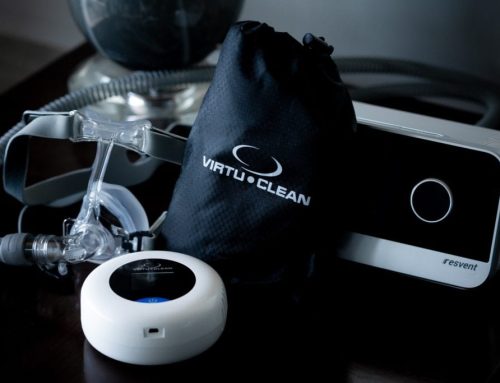Your sleep apnea score is also known as the Apnea-Hypopnea Index or AHI. This is a scale that denotes the severity of a person’s sleep apnea by adding the total number of pauses in your breathing (known as apneas) and the number of times you have shallow breathing (known as hypopneas). After collecting the data during one night of sleep, the number is averaged for each hour.
For either an apnea or a hypopnea to register as a measurable event, it has to last for 10 seconds or longer. To calculate your score, you would divide the number of apnea or hypopnea events by the total time that you slept.
If you have an AHI rating of less than 5, you have a healthy sleep pattern. If your AHI is 5 to 15, you have mild sleep apnea, and your doctor will probably start you on a sleep therapy regiment. If your score is between 15 and 30, you have moderate sleep apnea, and your doctor will start you on a course of sleep therapy. If you have a score above 30, you have severe sleep apnea. It is at this level of apnea that a doctor may discuss more extreme levels of therapy. Typically, they will try to put you on a CPAP or BIPAP device while you sleep and do a study while you wear the machine. If your doctor does not feel that this is an effective treatment plan, he or she may discuss other more extreme measures to help gain control over your apnea.
our Best Selling Cpap Cleaners

VirtuClean
This CPAP Cleaner, the VirtuCLEAN, eliminates the issue of messy mask and hose cleaning.
$109.00 Shop
Shop 
VirtuClean 2.0
VirtuClean 2.0 is a small sanitizer that kills all germs in sleep equipment.
$239.00 Shop
Shop

LUMIN
Lumin is perfect for disinfection of all mask brands with simple one-touch operation.
$249.00 Shop
Shop

Lumin Bullet
While Traveling or at Home, the Hose is the most important part of your sleep apnea equipment to keep clean.
$99.00 Shop
Shop


